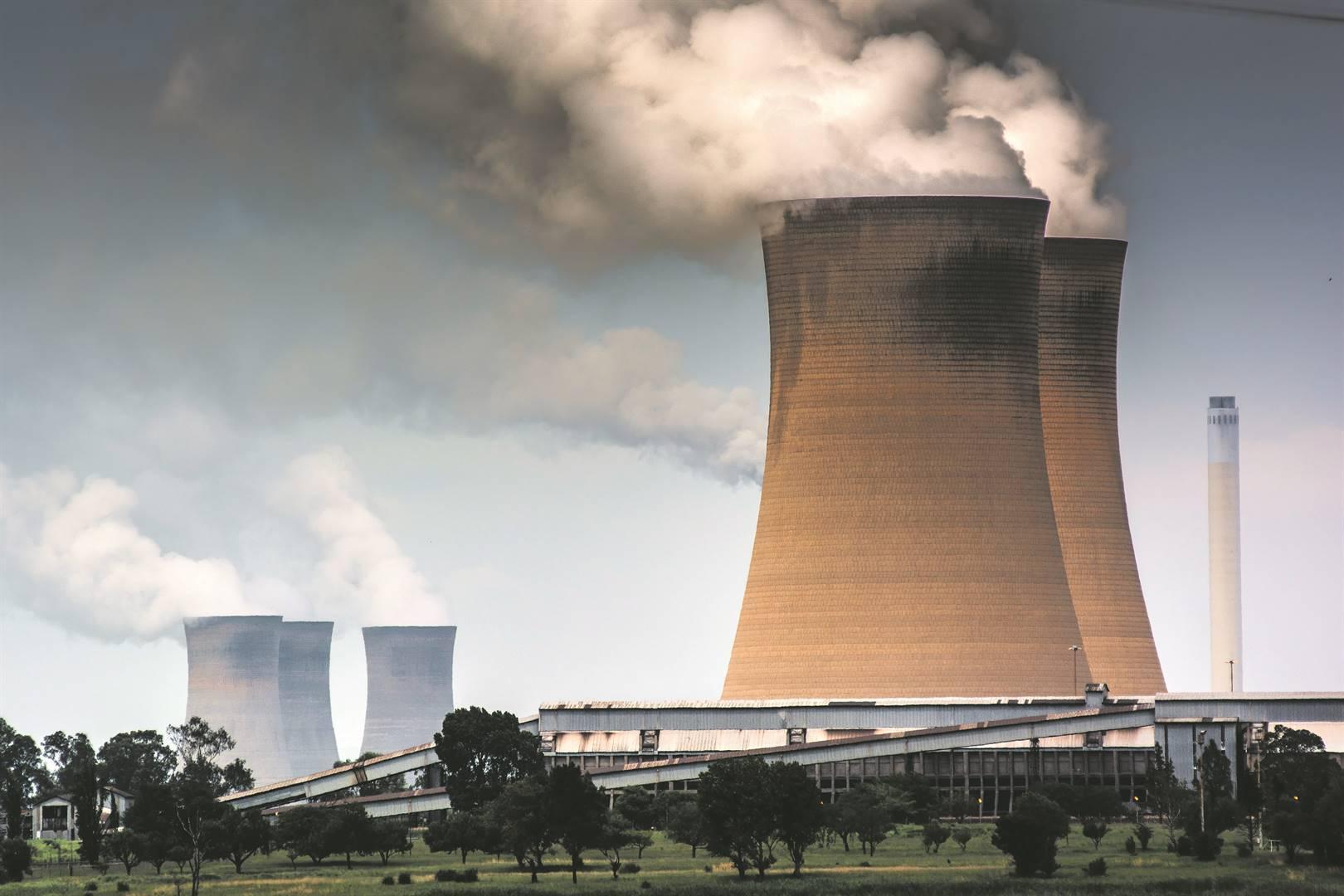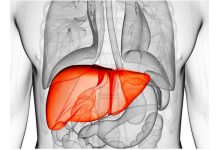Africa-Press – South-Africa. The air quality in Johannesburg was the worst in the world on Wednesday morning, according to the IQAir index.
IQAir is informed by air quality monitors worldwide, including the SA Air Quality Information System.
On Wednesday morning, the highest air quality index (AQI) measure was 166 at 08:00 in Johannesburg.
The AQI measurements are:
The measurements are taken hourly and fluctuate accordingly.
Coming in second and third for the morning was Dubai in the UAE and Doha, Qatar, with an AQI of 144 and 133 at 08:00, respectively.
By 15:00 on Wednesday, Dubai had the highest AQI measurement at 163, followed by Doha with 151. Johannesburg had dropped to eighth with an AQI of 92.
According to IQAir, when an AQI measured “unhealthy”, it was recommended a mask be worn outside, no outdoor exercise was performed, windows were closed, and an air purifier be used.
Air pollution consists of tiny solid particles, liquids, and gasses in the air.
The World Health Organisation (WHO) provides the world air quality guideline.
It measures air pollutants where particles are measured with an aerodynamic diameter equal to or less than 2.5 micrometres, called PM2.5, and 10 micrometres, called PM10.
The issue with fine particle matter, or PM2.5, is at this size, the matter can penetrate the bloodstream and lungs, which can then affect the organs.
The WHO measures common air pollutants PM2.5 and PM10, ozone (O3), nitrogen dioxide (NO2), carbon monoxide (CO), and sulphur dioxide (SO2).
The current recommended WHO air quality guideline is:
According to IQAir, as of 23 August at 08:00, the pollutants in Johannesburg measured PM2.5 – 85.4μg/m3 and PM10 – 238.8μg/m3.
The O3, NO2, SO2 and CO were within recommended measurements.
According to the UN special rapporteur on toxics and human rights, Marcos Orellana, air pollution in the country could be attributed mainly to 90% coal-generated electrical plants and mining.
These industries are pronounced in Johannesburg.
Orellana was in the country at the beginning of the month as part of his UN duties.
He said despite the Constitution and laws protecting against environmental hazards, “I am perplexed that government is licencing new coal projects and coal mines, coal-powered power plants and offshore oil and gas projects” amid a just energy transition.
For More News And Analysis About South-Africa Follow Africa-Press






